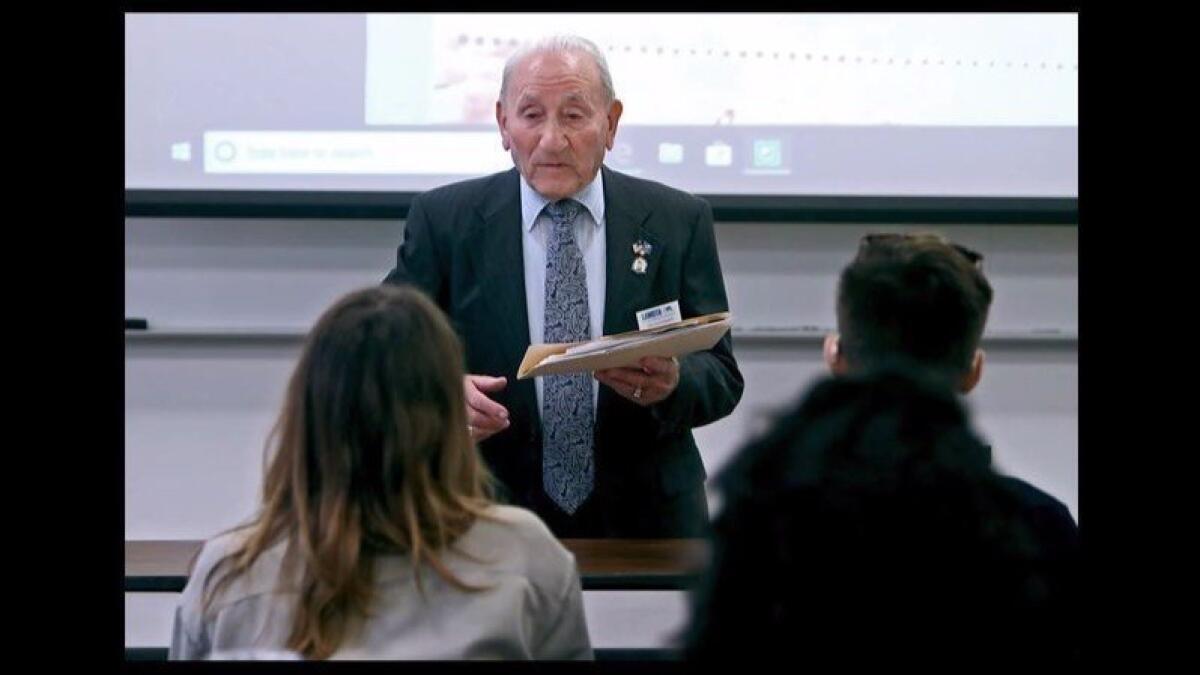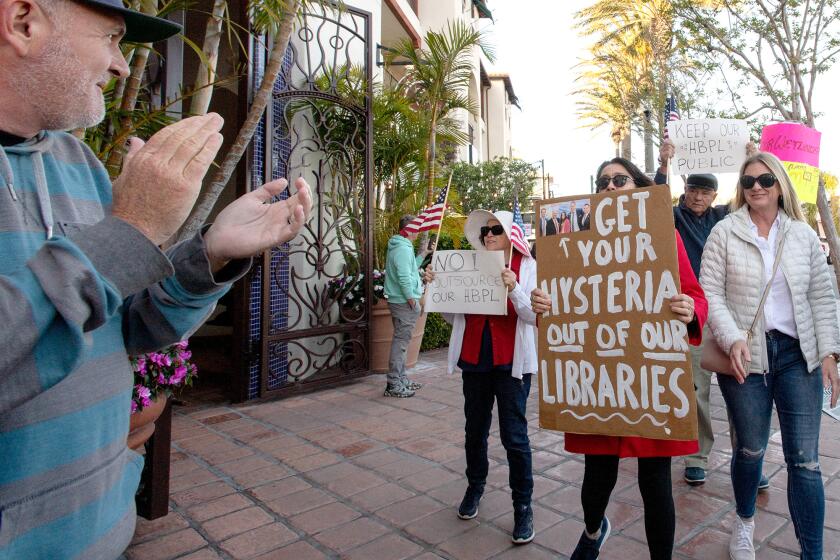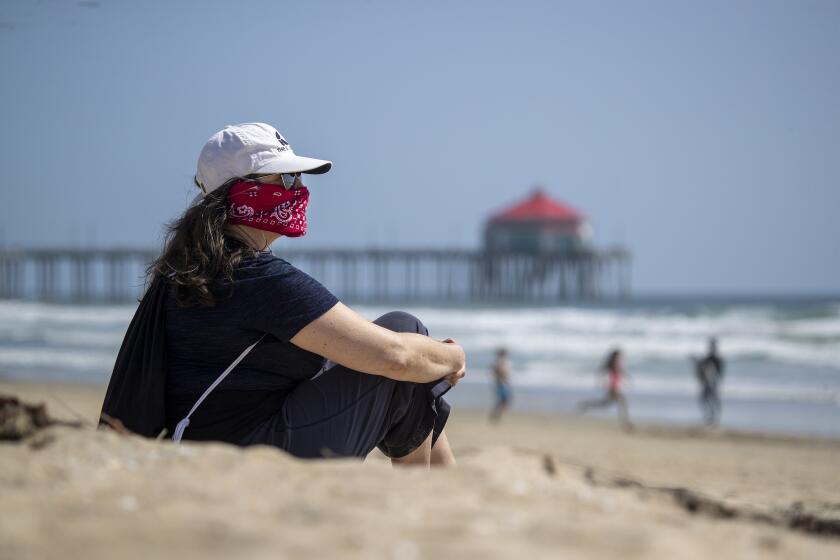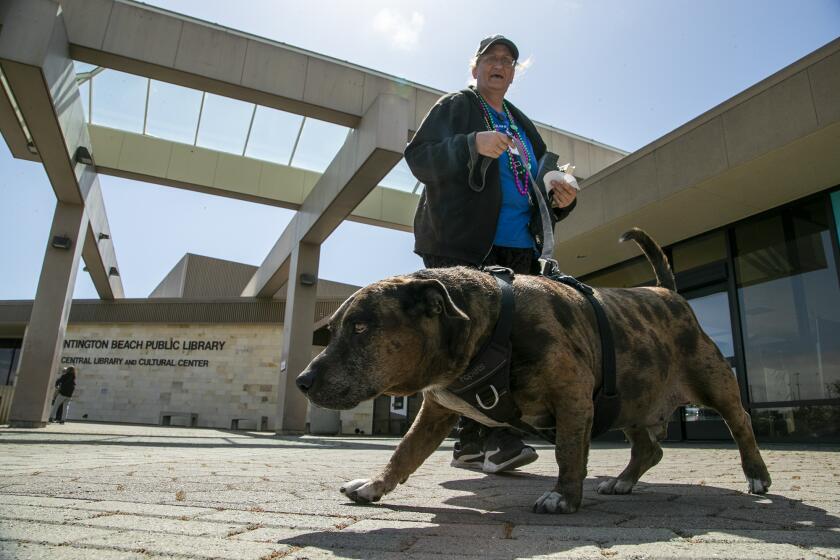Commentary: Newport-Mesa school curriculum on the Holocaust is clearly inadequate

As one who has visited the concentration camps at Dachau, Germany, and near Mauthausen, Austria, and also as someone who could have found himself interned there for being gay, I share the outrage many feel at the recent incident involving high school students and their white-supremacist, anti-Semitic actions.
Although I have lived in this area for almost 35 years, this raises great concern about the place I call home. It is clear that including a unit on the Holocaust in school curriculum alone does not communicate what transpired in Germany in the 1920s and 1930s that made the murder of 6 million Jews possible.
German citizens elected representatives to the Reichstag, Germany’s legislative body, which passed legislation that targeted people for discrimination based on their status, race, ancestry and sexual orientation, among other factors. The German judiciary upheld these laws. The Nuremberg Race Laws, passed in 1935, formed the core of this institutionalized discrimination, but it was an insidious process taking place over a period of decades that normalized the practice of hatred as it was taking place in plain sight with the open complicity of German citizens.
The Nazi party, although a non-majority political party, garnered sufficient power to promote the removal and extermination of German people based on laws passed by their own government. Through the cunning use of media and propaganda, a leader who lost the popular vote in the presidential election in 1932 consolidated power and delivered a period of hatred, murder and destruction to the world on a scale that continues to have resonance to this day.
We need to educate young people and everyone about their government, civic engagement and the process of democracy — in addition to revealing the horrors of the Holocaust. Edmund Burke is attributed with saying, “The only thing necessary for the triumph of evil is for good men to do nothing.” What are we good people doing?
Thomas J. Peterson lives in Newport Beach.
All the latest on Orange County from Orange County.
Get our free TimesOC newsletter.
You may occasionally receive promotional content from the Daily Pilot.



